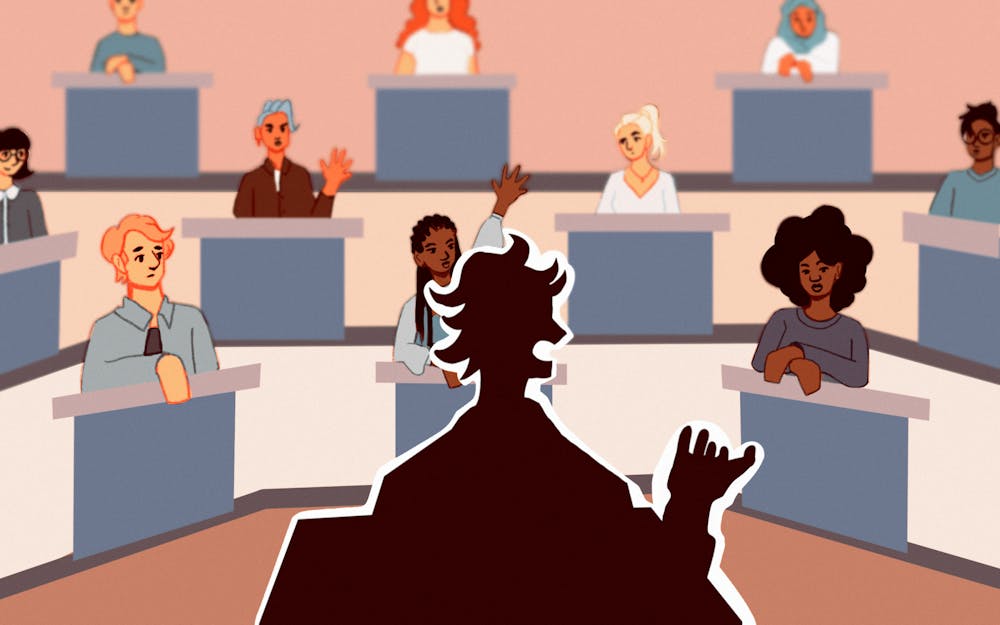As kids, we never questioned things our parents said, even if it wasn’t always politically correct.
We were raised believing that their words were OK, but as times have changed and society has grown, there is a mass realization that we shouldn’t be saying certain things. It is important to learn that we can’t say everything we learned growing up. The world is a vastly different place, and just because our parents said something doesn’t mean we need to continue the cycle.
[Related: OPINION: Parents needs to stop forcing their kids into college]
I spoke with many other students in hopes of getting outside opinions on phrases and topics people say can be hurtful. I was very glad I did because topics were brought up that I never would have thought of.
IU sophomore Caitlyn Leraas, brought up the idea of single parenting. For many people, the initial reaction to hearing someone has a single parent or one of their parents is not in their life is to automatically assume it is a bad thing.
“It is an embedded stereotype into society that everyone has a mother and father,” Leraas said. “When that isn’t the case, they’re automatically sorry for you."
This is something I never would have thought of on my own. In fact, I was probably guilty of it at some point in my life.
Many offensive statements aren’t said with viscous intent and saying them may be second nature. Therefore, it is so important to listen to others and learn from them.
A major topic that comes to mind is body image and eating. Many of the students I interviewed brought up how people comment on other people's bodies.
Social media has opened a new space for backhanded compliments and hurtful statements. Comments such as “The confidence!” or “glad everyone is being nice in the comments,” on a plus size person's photo or video is not helpful but rather incredibly detrimental.
Going along with that, if someone said, “I feel fat,” and you respond with, “No, you look beautiful,” you are feeding the stereotype in society that in order to be beautiful you must be skinny. These are major steps back and creates a negative stereotype surrounding that insecurity.
These harmful statements can be a result of education or lack thereof. All of us come from different backgrounds and diverse cultures. Those raised in more conservative towns or religious households might have very different morals than those raised in a liberal town. However, we all must find a way to live in one world together. A lot of it comes down to listening and learning individually.
[Related: OPINION: Life gets easier when you learn to make mistakes]
IU junior Stephanie Valdes said she grew up in a highly religious household, and she had to reflect on what she was raised saying and doing.
“I used to think that these comments had no harm because I didn’t intend any harm in my words, but now I know that these comments hold weight,” Stephanie said.
Valdes was not the only person I talked to who made reflections like this.
It is not easy to reevaluate your thinking and words. It takes a lot of courage and openness to be able to change the way you speak and admit that what you were saying before could be considered harmful. So, I am not saying that the change will happen overnight. However, we have a chance as a generation to reduce harmful statements.
Many of these are ideas we gained from our parents and the generations before us, but they can end. It is a cycle we do not have to continue.
Gentry Keener (she/her) is a sophomore studying journalism and political science.
"Support the Indiana Daily Student to beat Purdue's student newspaper, the Exponent, through making a donation to the IDS Legacy Fund! Whichever publication raises more money before the Purdue v. IU football game Nov. 26 "wins" the challenge, but all donations go to support student journalism at the respective publications. To help IU beat Purdue and support the IDS, follow this link to donate."






